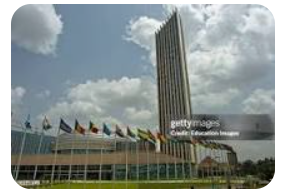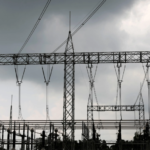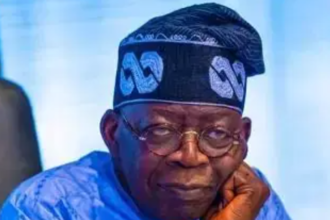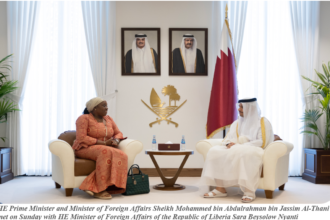WASHINGTON D.C. – As the United States increasingly focuses on domestic issues and shifts its foreign policy priorities, a power vacuum is emerging across the African continent. Experts warn that this perceived withdrawal of American influence is positioning African nations to forge new and potentially permanent alliances, potentially reshaping the global order and diminishing U.S. standing in the years to come.
For decades, the United States has maintained a significant presence in Africa through aid programs, security partnerships, and diplomatic engagement. However, recent shifts in policy, coupled with a perceived hesitancy to actively engage in regional challenges, are being interpreted by some African leaders as a sign of declining U.S. commitment.
“The U.S. historically played a critical role in stabilizing the region and fostering economic growth,” explains Dr. Aisha Kone, a leading expert on African geopolitics. “But with a decreased focus on Africa, opportunities are opening up for other global players to fill the void. This could have long-term consequences for American influence.”
One of the most significant concerns is the potential for China to further solidify its dominance across the continent. Already a major economic partner for many African nations, China’s infrastructure investments and resource-backed loans offer attractive alternatives to traditional Western partnerships. With the U.S. seemingly withdrawing, China is positioned to further expand its influence, creating a complex web of economic and political ties that could marginalize American interests.
Beyond China, other nations like Russia and India are also actively seeking to expand their influence in Africa. This competition for influence is creating a dynamic environment where African nations can leverage their strategic importance to negotiate more favorable terms and diversify their partnerships.
“Ultimately, this shift could contribute to the strengthening of African nations,” argues Professor David Oloo of the University of Nairobi. “By forging new alliances and diversifying their economic and security partnerships, African countries can gain greater agency and autonomy on the global stage.”
However, the potential ramifications for the U.S. are significant. A weakened American position across Africa could hinder efforts to combat terrorism, manage regional conflicts, and promote democratic governance. Furthermore, it could limit access to vital resources and strategic locations, impacting long-term economic and security interests.
The key to mitigating these risks, analysts suggest, lies in a renewed U.S. commitment to strategic engagement in Africa. This requires a multi-faceted approach that prioritizes economic development, security cooperation, and diplomatic engagement, while acknowledging the evolving needs and aspirations of African nations.
“The U.S. needs to understand that Africa is not a chessboard for great power competition,” concludes Dr. Kone. “It is a continent of dynamic, independent nations seeking partnerships that benefit their own development. A genuine commitment to mutual respect and shared prosperity is crucial if the U.S. wants to remain a relevant and influential partner in the years to come.”
The coming years will be crucial in determining the future of U.S.-Africa relations and the broader geopolitical landscape of the continent. Whether the U.S. can adapt to the changing dynamics and forge a new path forward remains to be seen.









